You may hear about inflammation and anti-inflammatory diets ... but do you really understand what it means? To help share more details, we checked in with one of our go-to wellness network partners, Registered Dietitian Eliza Savage, who helps to demystify the term, offer a few inflammation-fighting tips and explain why an anti-inflammatory diet (one that eliminates gluten, dairy, and refined sugar) is a trend that’s here to stay.
What is inflammation?
The word “inflammation” is derived from the Latin inflammare, or to set on fire. This etymology provides an active description of the body’s natural way of protecting itself from infection, illness and injury. A bump or bruise is an example of an acute, or short-term, inflammatory response that results in redness, pain, or swelling. Chronic, or long-term, inflammation can occur in the body for various reasons, and can lead to chronic diseases such as diabetes, cancer and heart disease. This chronic, internal, immune response in the body is typically what is meant by the term “inflammation.”
What causes inflammation?
Lifestyle factors such as stress, smoking, and inactivity can contribute to inflammation, but diet is a huge culprit. Consumption of highly processed, sugar-containing foods are the heaviest hitters in terms of inflammation, especially sugary beverages and foods made with refined carbohydrates and hydrogenated oils. Food allergies or sensitivities can also be inflammatory, so some individuals may see reduced inflammation by limiting their intake of foods containing inflammatory ingredients such as gluten, dairy or other allergens and irritants.
What are the signs or symptoms of inflammation?
There are many different indicators of inflammation, and it can differ from person to person, but some signs and symptoms include:
Fatigue
Weight Gain or Loss
Pain
Swelling or Bloating
Gastrointestinal Discomfort
Auto-Immune Diseases
Elevated Inflammatory Markers in the Blood (such as IL-6, CRP and homocysteine levels)
Now that we’ve addressed the causes and signs, let’s discuss some easy ways to help prevent and reduce inflammation.
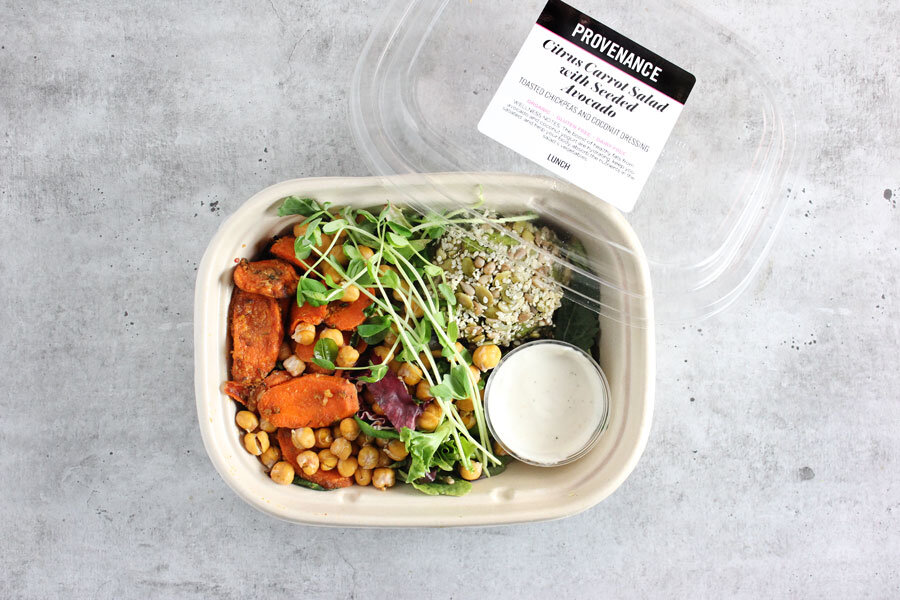
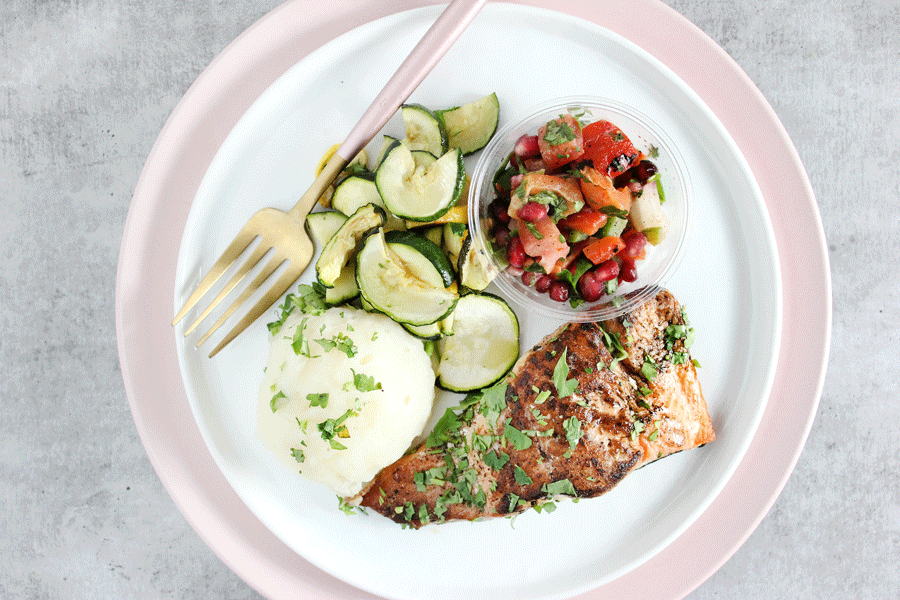
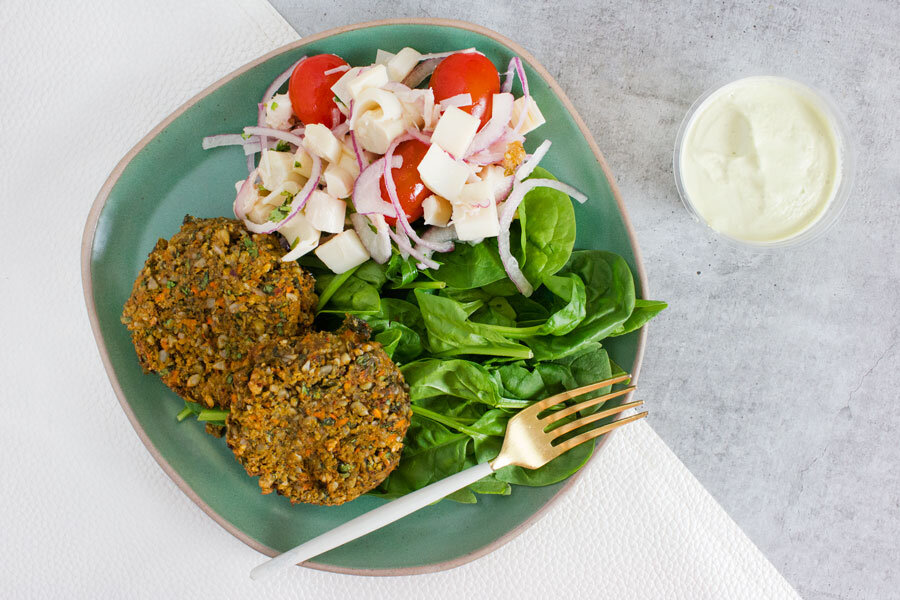
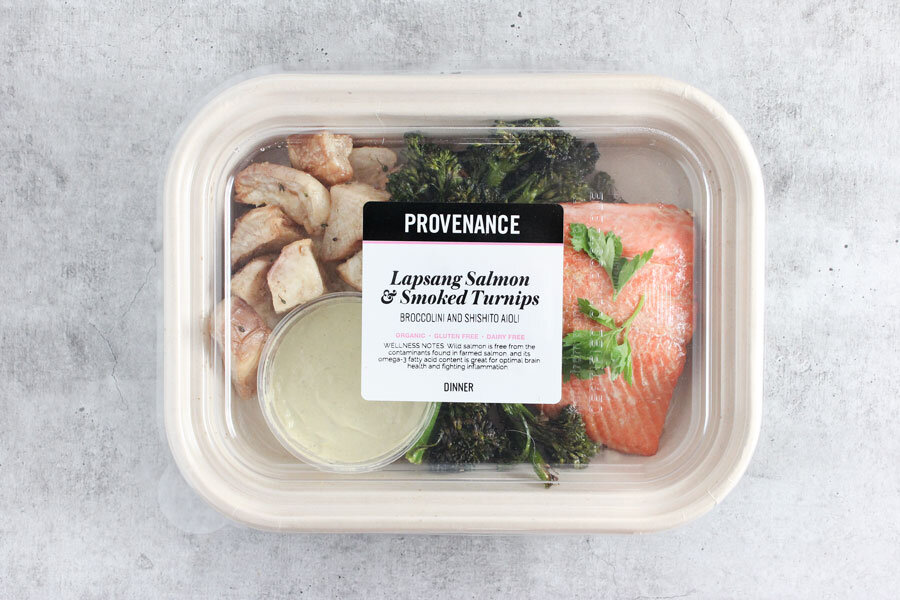
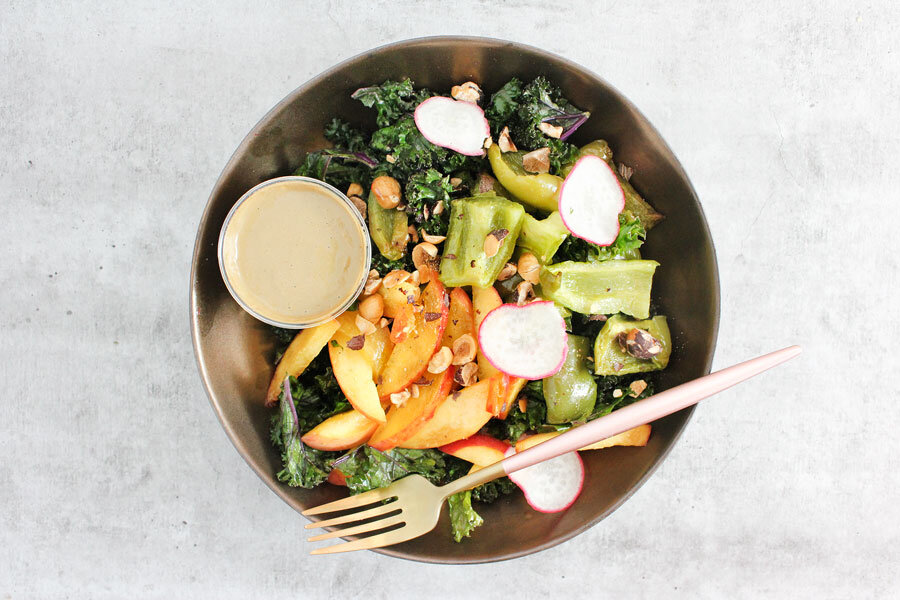
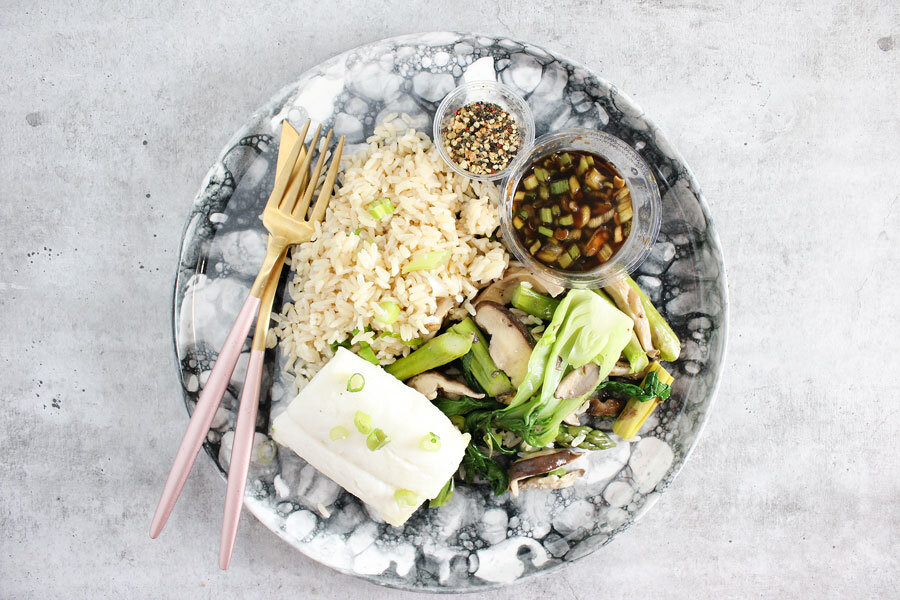
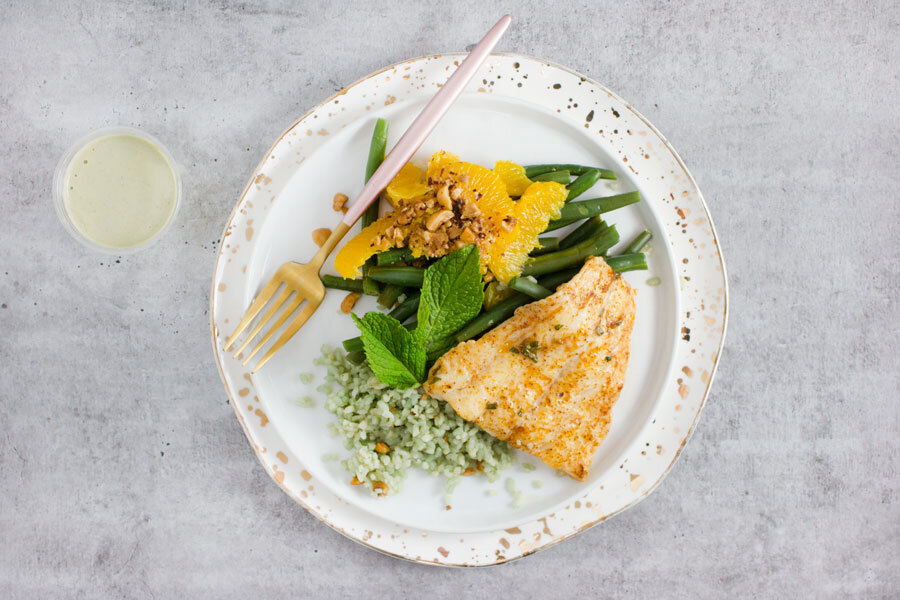
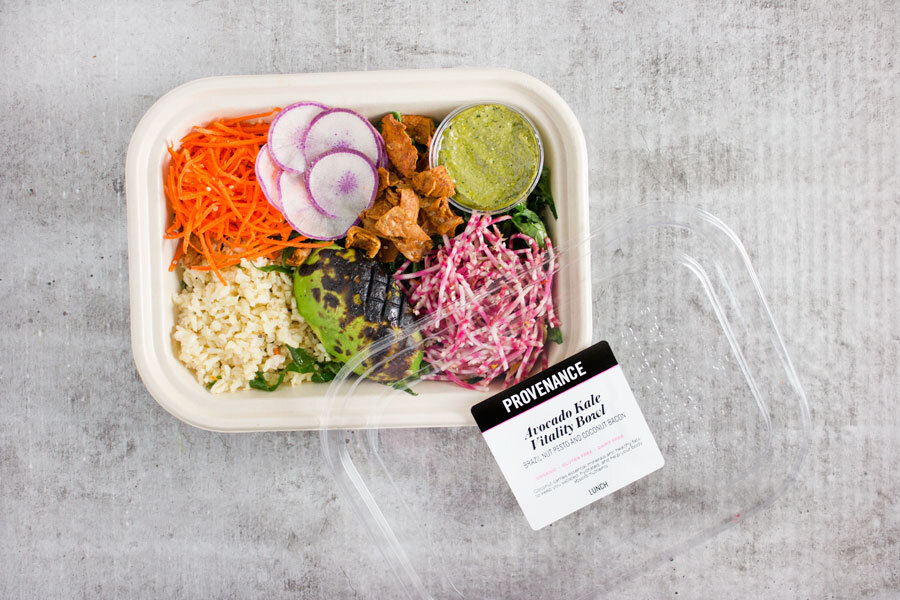
Top 3 Ways to Fight Inflammation Through Nutrition & Lifestyle:
1. Adopt an anti-inflammatory diet. Create a diet focused on whole, nutrient-dense foods and avoid highly processed, packaged products. Eat more fruits and vegetables. Add sources of healthy fats such as avocado, olive oil and well-sourced fatty fish. If you’re sensitive to specific allergens (nuts, shellfish, etc), cut them out of your diet.
2. Hydrate smartly. Skip the alcohol and sugary drinks (as well as artificial sweeteners!). Aim to drink at least half your body weight in ounces of water per day.
3. Embrace those zzz’s. Adequate sleep is necessary to promote overall rest and repair. It also helps to regulate hormones, especially those related to hunger and mood! Aim to get somewhere between 7 and 9 hours of sleep per night.
Anti-inflammatory diets such as the Mediterranean Diet are a trend that’s here to stay! With emphasis on organic, locally sourced fruits, vegetables, whole grains, nuts and seeds and lean protein, Provenance Meals makes fighting inflammation easy with their delicious plant-forward dishes. Check out their clean eats menu that has choices for both plant-lovers and omnivores alike. The organic meals reduce exposure to highly inflammatory pesticides and taste great. I truly believe that there’s not a one-size-fits-all when it comes to nutrition, but if there’s one way of eating I could recommend to almost everyone, it’s including more inflammation-fighting foods in your diet.
By Eliza Savage, MS, RD, CDN
Eliza Savage, MS, RD, CDN is a NYC-based registered dietitian with a lifelong passion for wellness. She has vast experience counseling patients one-on-one in private practice at Middleberg Nutrition and in clinical outpatient settings at NYC’s top hospitals including NYU and Mount Sinai. She wears many hats as a nutritionist, writing for various wellness companies, consulting with brands as a nutrition expert, and contributing to media outlets such as Women’s Health, Well+Good, and Health. Connect with Eliza at www.elizasavagenutrition.com, via LinkedIn, or follow her on Instagram @elizasavagenutrition.












